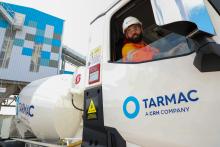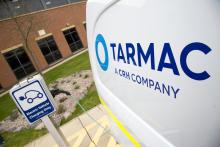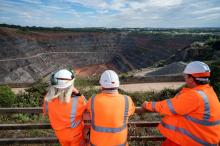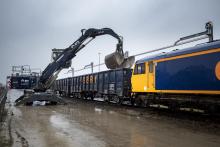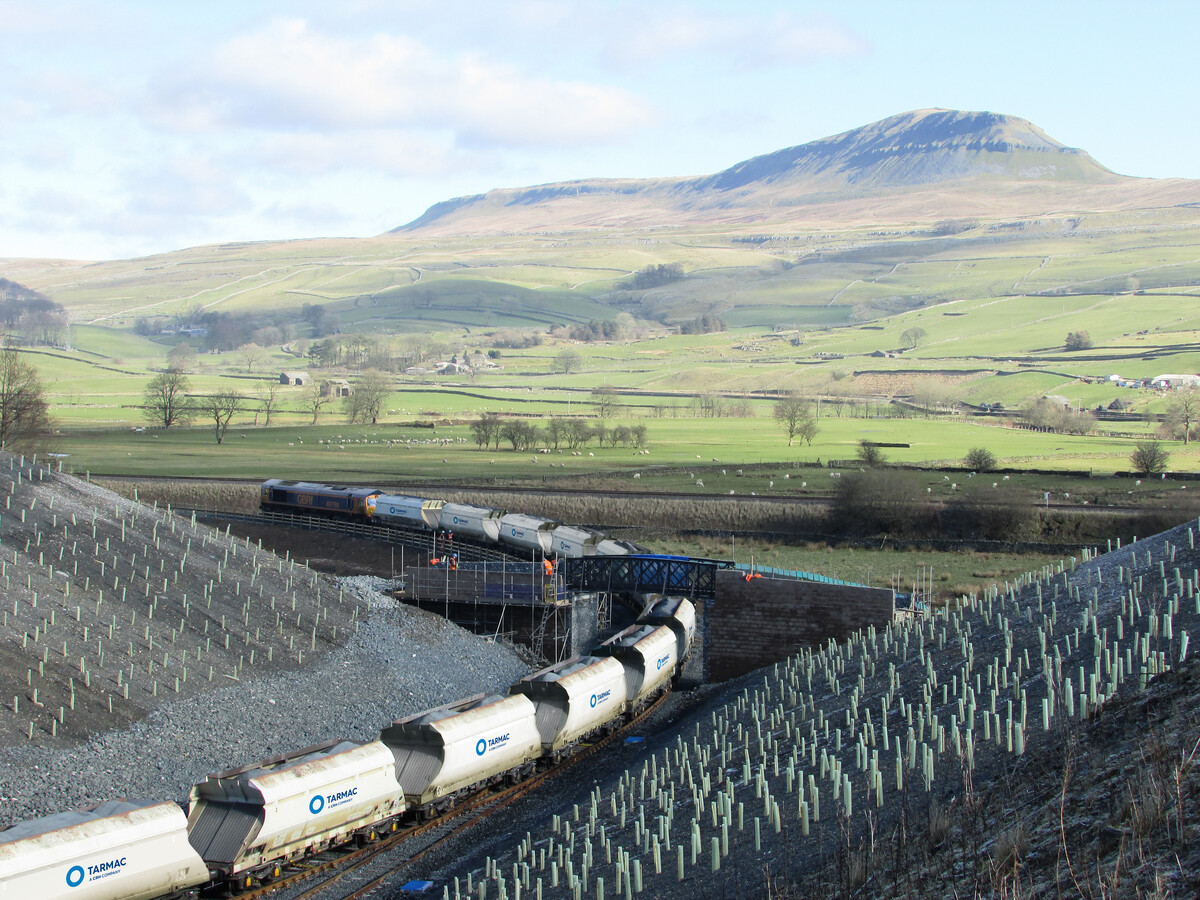
The major UK sustainable building materials and construction solutions business has pledged to support Logistics UK’s Route to Net Zero commitment, encouraging those operating across the sector to decarbonise their operations quickly and effectively to help speed up the UK’s path to net zero by 2050.
Tarmac annually moves millions of tonnes of essential construction materials to local, regional and national infrastructure projects. It has already taken significant steps to optimise its transport networks to reduce the environmental impact of its operations.
Graham Waters, logistics director at Tarmac, said: “It’s really important that we’re able to offer our customers the most efficient sustainable logistics solutions for projects of all scales, ensuring vital construction materials are delivered safely to the right place, at the right time.
“Signing up to Logistics UK’s Route to Net Zero pledge marks a further step for our business, underscoring our commitment to eliminating carbon emissions from our extensive UK-wide logistics networks and accelerating this process through collaboration with our haulier partners and the wider industry.”
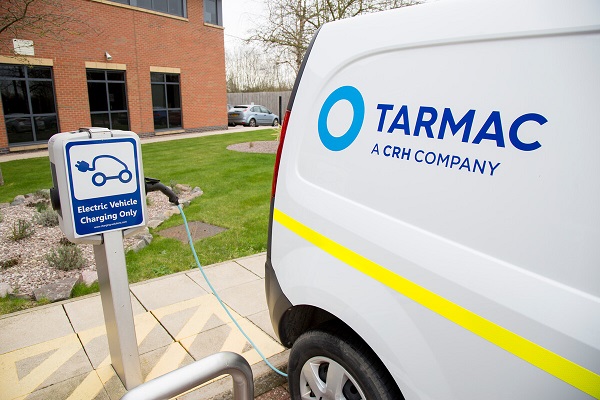
Michelle Gardner, deputy director of Policy at Logistics UK, said: “Logistics UK applauds Tarmac’s support for our Route to Net Zero commitment and the company’s clear intent to meet net-zero targets. Tarmac has already demonstrated a serious commitment to reducing greenhouse gas emissions across its operations. Logistics UK looks forward to seeing the introduction of further innovative sustainability solutions moving forward.”
As the operator of one of the largest HGV fleets in the UK, Tarmac has seen over 90 per cent of its vehicles become compliant with Euro 6 emissions standard and has recently brought the UK’s first all-electric battery electric ready-mix concrete truck into operation as well as the world’s first electric bond coat sprayer.
In 2020, the company signed up for the global EV100 initiative, which involves upgrading its 2,000-strong fleet of corporate cars and vans to EVs by 2030. It is also developing a roadmap to see its whole road transport fleet transition from petrol and diesel fuels.
In addition, with more than 60 rail-connected sites nationwide, Tarmac is one of the country’s biggest users of the rail freight network, transporting around nine million tonnes of materials across the UK every year, helping to deliver a low-carbon built environment.
To help support further innovation in decarbonisation across the freight sector, the business has introduced low-carbon HVO fuel onto one of its key freight routes in the Midlands and ‘jumbo’ freight trains on the west coast, as well as becoming involved in the trial of an electrified rail freight terminal at one of its sites in Northamptonshire.
Logistics UK is one of the biggest business groups in the UK, representing the entire logistics industry, with over 20,000 members. Route to Net Zero: A Manifesto for Logistics outlines the positive steps that the Government and policymakers should take to help logistics transport operators decarbonise their operations across all transport modes.
To find out more about Tarmac’s transition to net zero, visit: https://tarmac.com/net-zero-roadmap/

